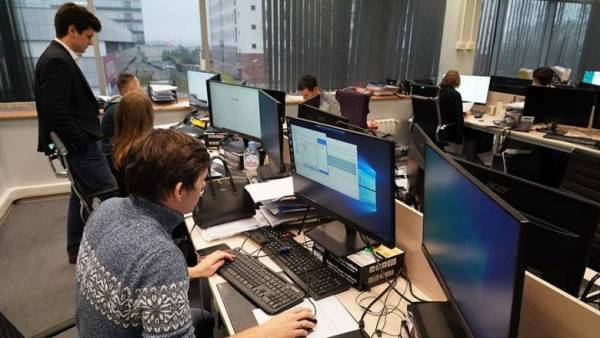
According to & nbsp; her words, now there is a significant difference in & nbsp; working conditions, those who & nbsp; work on & nbsp; remote site, and & nbsp; and & nbsp; ; office.
“In the & nbsp; period of the pandemic, regulation of remote work has become especially relevant. And & nbsp; one of the & nbsp; rights of a remote employee is the right to be offline. We & nbsp; have determined that & nbsp; employees have the right to be offline during & nbsp; non-working hours. For example, a person works from & nbsp; 8:00 to & nbsp; 17:00. If the employer calls or writes to & nbsp; 17:05 and & nbsp; gives some kind of & nbsp; job & nbsp; & mdash; this is considered overtime and & nbsp; is paid at & nbsp; certain rates. But & nbsp; it so happened that & nbsp; we & nbsp; did not & nbsp; thought about & nbsp; stationary workers who work from & nbsp; 8 to & nbsp; 5 at the & nbsp; workplace, and & nbsp; then receive a task from the & nbsp; employer to complete something & nbsp; in a remote format & nbsp; This gap should be eliminated & raquo;, & nbsp; & mdash; Bessarab explained.
In the & nbsp; draft law, remote processing of “ stationary '' employees are designated as “ the time of interaction of the employee with the & nbsp; employer outside & nbsp; working hours with & nbsp; using the & ldquo; Internet & rdquo; and & nbsp; other public communication networks. It is proposed to pay for them according to the & nbsp; principle of overtime work. That & nbsp; is for & nbsp; the first two hours & nbsp; & mdash; not & nbsp; less than & nbsp; in & nbsp; one and a half size, for & nbsp; subsequent & nbsp; & mdash; not & nbsp; less than & nbsp; at & nbsp; double the size. At the employee's & nbsp; request, money can be replaced with & nbsp; additional rest.
The draft law is aimed at & nbsp; examination of the Advisory Council of the United Russia faction.